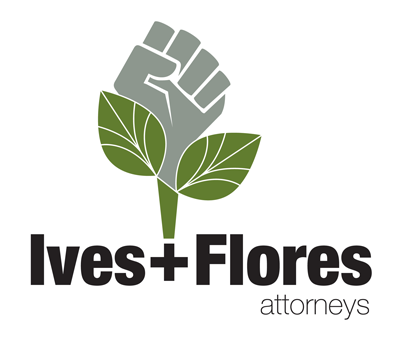The United States Constitution provides us with many essential rights that protect us from abuse from the government – including from police officers. However, it’s important for you to become familiar with the extent of your rights, so that you can recognize when the police overstep their bounds and do something that violates your Constitutional rights – and so that you can seek justice for yourself.
When can police legally search or arrest someone?
The main purpose of the Fourth Amendment is to protect residents of the United States against improper searches and seizures. This means that the police cannot simply arrest you for no reason. They also cannot walk into your house, stop your car, or frisk you looking for evidence of a crime without proper justification. They can only do that under specific circumstances.
For example, if the police have a valid search warrant or arrest warrant, issued by a judge or magistrate, they can search your property or arrest you. However, they have to stick strictly to the extent of the warrant that they have. Even with a valid warrant, if they search areas not covered by the warrant, they could be violating your rights.
Police can also legally search or arrest you if they can prove that they had probable cause to arrest you at the time.
What does probable cause look like?
Probable cause means that the police officer who arrested or searched you had a reasonable suspicion that you had committed a crime, or that the search would turn up evidence of a crime.
Probable cause cannot come from a theory or hunch. The police officer must have observed or heard something that gave them a solid reason to believe that your search or arrest was necessary.
For example, a police officer can’t pull you over if you aren’t breaking any laws. But if you are swerving across lanes or otherwise driving erratically, that could give the police officer the probable cause to believe that you might be driving drunk, and justifies them in pulling you over.
If you feel like your rights were violated by an improper search or arrest, you don’t have to take it lying down. You have the option of bringing a lawsuit to vindicate and protect your Constitutional rights.
